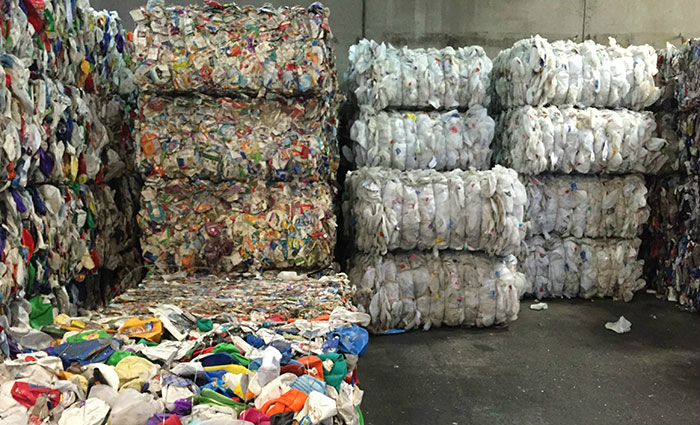Recycling has taken a new turn, possibly through an s-bend, with the news that European scientists have begun working on a multi-million-euro research project looking at ways of turning sewage and food waste into biodegradable packaging for consumer goods.
The three-year €3m Horizon 2020-funded project is combining a range of biological techniques to produce alternatives to petroleum based plastics.
The project – Res Urbis (RESources from URban Bio-waSte) – is aiming to use waste to produce new environmentally-friendly bioproducts, as well as exploring ways to extract energy and nutrients.
The team hope that the bioproducts will then be used in packaging applications, particularly for durable goods such as computers, tablets and phones, with lower environmental impact than current polymer based materials.
There’s a total of 21 institutions and enterprises across eight European countries contributing to the project, which is being co-ordinated by the University of Rome, La Sapienza.
Professor Alan Guwy, Head of SERC, said: “Using municipal solid waste – food waste – and the excess sludge from wastewater to produce alternative forms of energy is not new.
However, the integrated and flexible “bio-waste biorefinery approach” in Res Urbis aims to create new bio-based products as well as bioenergy from wastes, which could potentially offer a more profitable way of using organic waste, much to the delight of packaging companies.
“USW will be focusing on the acid fermentation of an innovative waste biorefinery process. We will be developing ways of producing hydrogen and volatile fatty acids (VFAs) from food waste and sludge from urban wastewater. The VFAs that are produced will provide the feedstock for the next step in the process, and the production of the new bioproducts.
“The development and integration of innovative technologies allow the transformation of significant amounts of organic material into useful bioproducts. They will have a high market value, with positive impacts on the environment, economy and employment.”


